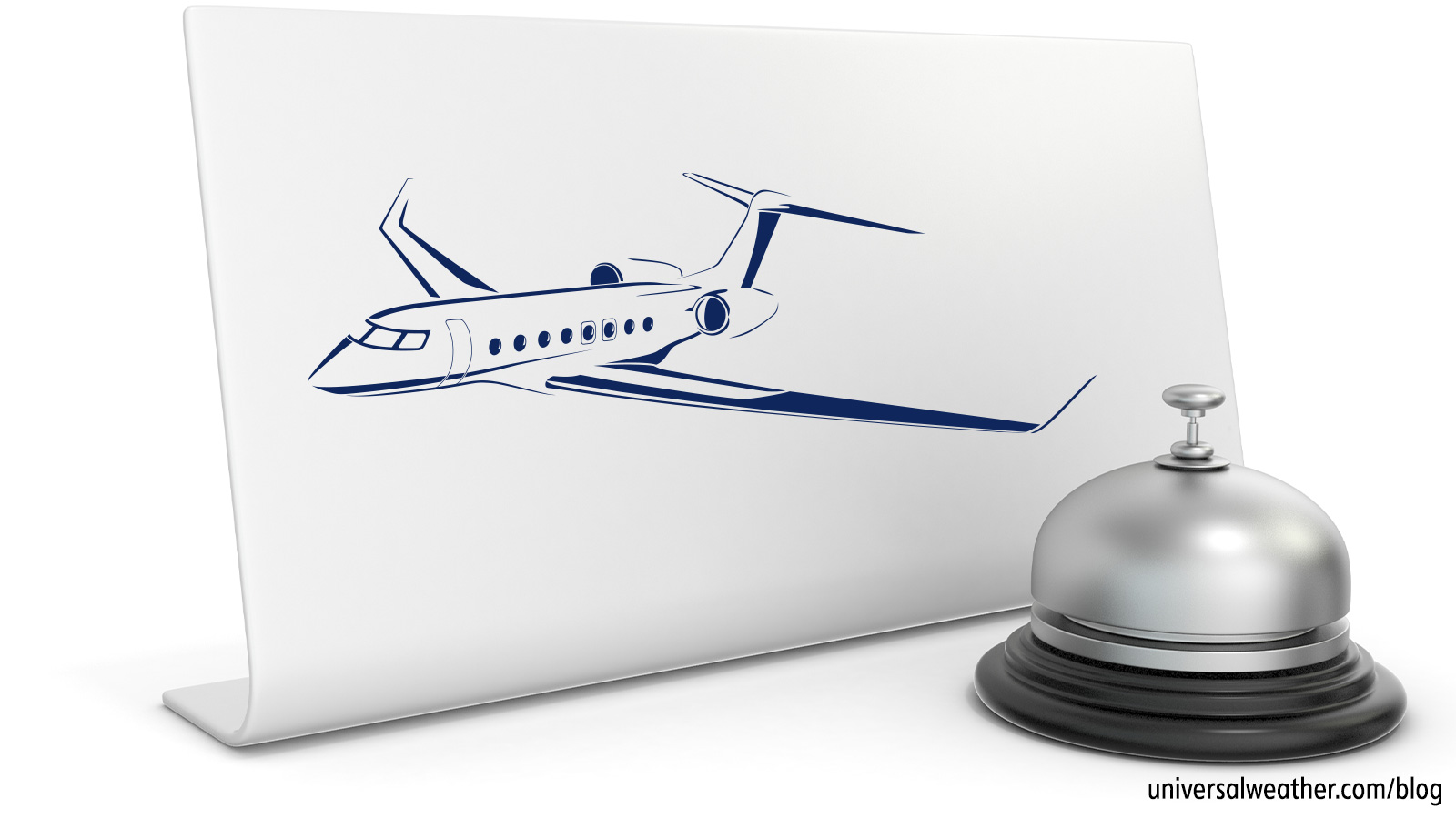General Guidelines for Arranging Hotels as Part of a Business Aviation Trip


Due to the nature of private non-revenue and charter (non-schedule commercial) operations, with schedules often subject to change, unique challenges are often present in terms of hotel arrangements. While price is always an important consideration, flexibility of booking arrangements is also a key element in successful trip planning. Your 3rd-party provider and local ground handler can be valuable resources in finding preferred accommodations with the most flexible terms.
1. Common considerations for booking hotels
Common factors considered in making a hotel selection generally include location and surrounding area, length of stay, arrival time (early arrival or late departure), events that may be taking place at your destination, crew/passenger hotel-chain preferences, amenities (e.g., hotel dining and Internet), and price. Room price often becomes a primary focus as some flight departments have ‘rate caps’ on crew rooms (often more common for charter [non-scheduled commercial] operators); however, room price alone doesn’t give you the best view of total hotel-related costs. In addition to those listed above, other factors to consider include 1) time of year and other situations that can reduce hotel room availability, and 2) your need to reserve a room for the day before you arrive if you have an early morning arrival.
2. Options when Western-style hotels aren’t an option
Major hotel chains are often preferable as amenities and services are of a predictable standard. At some locations, particularly less mainstream locales, there may be no major Western-style hotel chains available. In this case, it’s best to work with your local ground handler and/or 3rd-party provider to source the most suitable accommodations. In many parts of the world, locally owned hotel chains offer amenities and services that match the best large and mainstream hotel chains.
3. Advantages in using 3rd-party provider or local ground handler to book hotels
Your 3rd-party provider or local ground handler can often secure you better room prices through contract rates they have in place. In addition, they often have agreements with hotels for enhanced amenities such as: more flexible reservations, reduced reservation change fees, no-charge early check-ins, late check-outs, room upgrades, and ‘extras’ (such as breakfast). Hotel reward cards usually don’t give you better pricing, although they may help in getting an upgraded room. Keep in mind that during busy event periods or peak seasons (i.e. winter holiday periods in the Caribbean or during summer months along the Mediterranean), hotels may be very expensive, with strict cancellation policies in place. If the rate seems unreasonable at a certain hotel, work with your 3rd-party provider or ground handler on other alternatives.
4. Other ways your 3rd-party provider can assist in the hotel booking process
Your 3rd-party provider or ground handler can be a valuable source of information regarding local area, safety and security issues, and hotel recommendation. Most 3rd-party providers can assist 24/7 in obtaining the best hotel choices worldwide, finding options at remote locations, and helping with specialty items such as ‘sponsor letters.’ To obtain a Russian visa, for example, you’ll need to provide a sponsor letter from your hotel confirming the accommodation booking.
5. Tips for early arrivals and late check-outs
If you have an early arrival, it’s often best to book the room for the night prior. Occasionally a hotel will allow early check-in (usually not before 7 am), but you run the risk of waiting in the lobby for hours. For a late checkout, see if there’s a grace period or try to book a half day extended stay. If you’re a regular guest at the particular hotel, or your 3rd-party provider has a good working relationship with the hotel, it may be possible to arrive early, or depart later than usual, without an additional fee.
6. Special considerations when staying in volatile areas
Comprehensive security briefs are available through your 3rd-party providers and are highly recommended when travelling to volatile areas. In most cases, your ground handler can provide local knowledge and security status of hotels and surrounding areas. Different security issues may be encountered at airport vs. downtown hotels, and it’s important to understand known threats. For this reason, the security briefs are very important. Also, some operators prefer to separate crew and passengers in different hotels, while others prefer crew and passengers to stay at the same hotel for security reasons.
If you are operating to a volatile area, we also recommend you read an earlier two-part article on this business-aviation blog by Tonie Gorham called Mitigating Risk When Operating to Volatile Areas, Part 1 and Part 2.
Questions?
If you have any questions about this article, contact me at ruthmendez@univ-wea.com.
Later we’ll discuss special considerations for booking hotels in remote areas, for short stops, and during high-traffic events.




